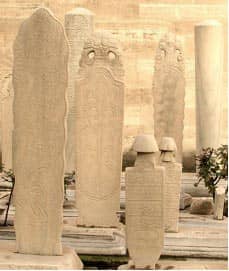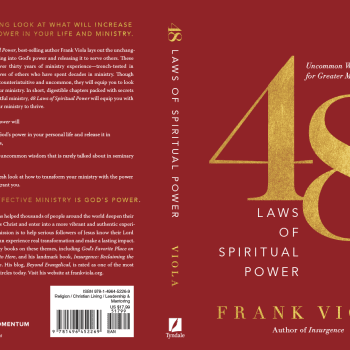By Jane I. Smith
 Background of the Faith
Background of the Faith
Islamic faith in the life after death is based directly on the twin messages of the Qur'an, which were the earliest revelations to the Prophet Muhammad: the oneness of God and the inevitability of the day of resurrection and judgment. Because God is one, human beings are enjoined to live lives of integrity (integrated-ness), of ethical and moral responsibility, and it is on the quality of that ethical and moral life that final judgment is rendered by God. Thus, those who have earned a place of reward in the Garden of Paradise are called "ahl al-tawhid," people who affirm God's unity.
There is a very clear and direct connection in Islam between this world (al-dunya) and the next world (al-akhirah). Muslim children are taught from an early age that life on this earth has no purpose if it is not to prepare oneself specifically for life in the next, and that to live ethically in recognition of God's oneness is a crucial element in preparing for a felicitous hereafter in the gardens of paradise. One of the main concerns of contemporary Muslim theological writing about the afterlife is to underline its intellectual plausibility. The Qur'an calls for faith and assures that the process of life, death, and judgment is fully comprehensible by the intellect.
As part of God's creation humans can be assured of two things: first, that there is a virtually limitless distinction between humanity as created and God as creator, and that our best effort succeeds only insofar as God wills it; second, that behind all events is a divine plan and order. Humans are created from clay and put on the earth for a specific time known beforehand only by God. But despite our lowly origins, we have, because of our intellect, potential to be vice-regents on earth.
All of human history moves from the creation to the eschaton. Looking structurally at the overall conception of time in the Islamic understanding, one sees the pattern of collective time, that lasting from creation to the last day, juxtaposed over the pattern of individual time, the specific events of each individual existence. For the individual, the sequence runs inevitably from birth to death, followed by the existence of the soul in the grave (or elsewhere) awaiting the resurrection, to the participation in a series of eschatological events experienced by everyone together. Collective time encompasses everything from the creation of the world through the passing of history to the warning of the impending judgment, the events of the day of resurrection, the final consignment, and passing into eternity.
Coming of the Day of Resurrection
The Qur'an portrays dramatically the time in which the natural order will be disrupted and cataclysmic events will occur, signaling the resurrection of bodies. The first warning of the impending cosmic upheaval in traditional and in many contemporary accounts is actually a disruption of the ethical/moral order. Many accounts say that this time of moral chaos will conclude with the arrival of a guide (mahdi) who will then reign over a millennial period of justice and peace. The next figure to arrive in the eschatological narrative is Jesus, who will assist the guide in converting non-believers to the faith.
The actual arrival of the day of resurrection is made known to all upon earth and in the heavens through a series of cosmic events. According to the Qur'an, this is a day when the heavens are split apart, when the earth will be rent asunder, when the mountains will be set moving, when heaven will be rolled up like a scroll, and many other specific signs will be given indicating the reversal of the natural order and a disintegration of the structure of the universe.
After the final cosmic disintegration, we then have a dramatic description of what Islamic tradition has seen as God's absolute oneness in the universe. Here God is not only the sole God, he is all that remains in the universe. The drama of the last day includes an ethical disintegration, a cosmic disintegration, and finally the stunning vision of God's absolute aloneness. After this comes the return to a focus on human accountability. God brings all humanity back to life in the resurrection of bodies, the ingathering and infusing of new life as the first step in the process of calling humans to an accounting for their earthly deeds.
Resurrection and Judgment
The fact of the resurrection of the body has been of continuing importance to Muslims. It was not really a point of issue for early Islam, but came to be hotly debated among theologians and philosophers. Contemporary Muslims are firmly convinced that bodily resurrection is basic to the Qur'anic message. The first mortal to be raised is generally said to be the prophet Muhammad. The stress on the importance of Muhammad's resurrection before the other believers is related not only to his recognized status as the seal of the prophets, but also to the general understanding of his role as the intercessor for his community.





